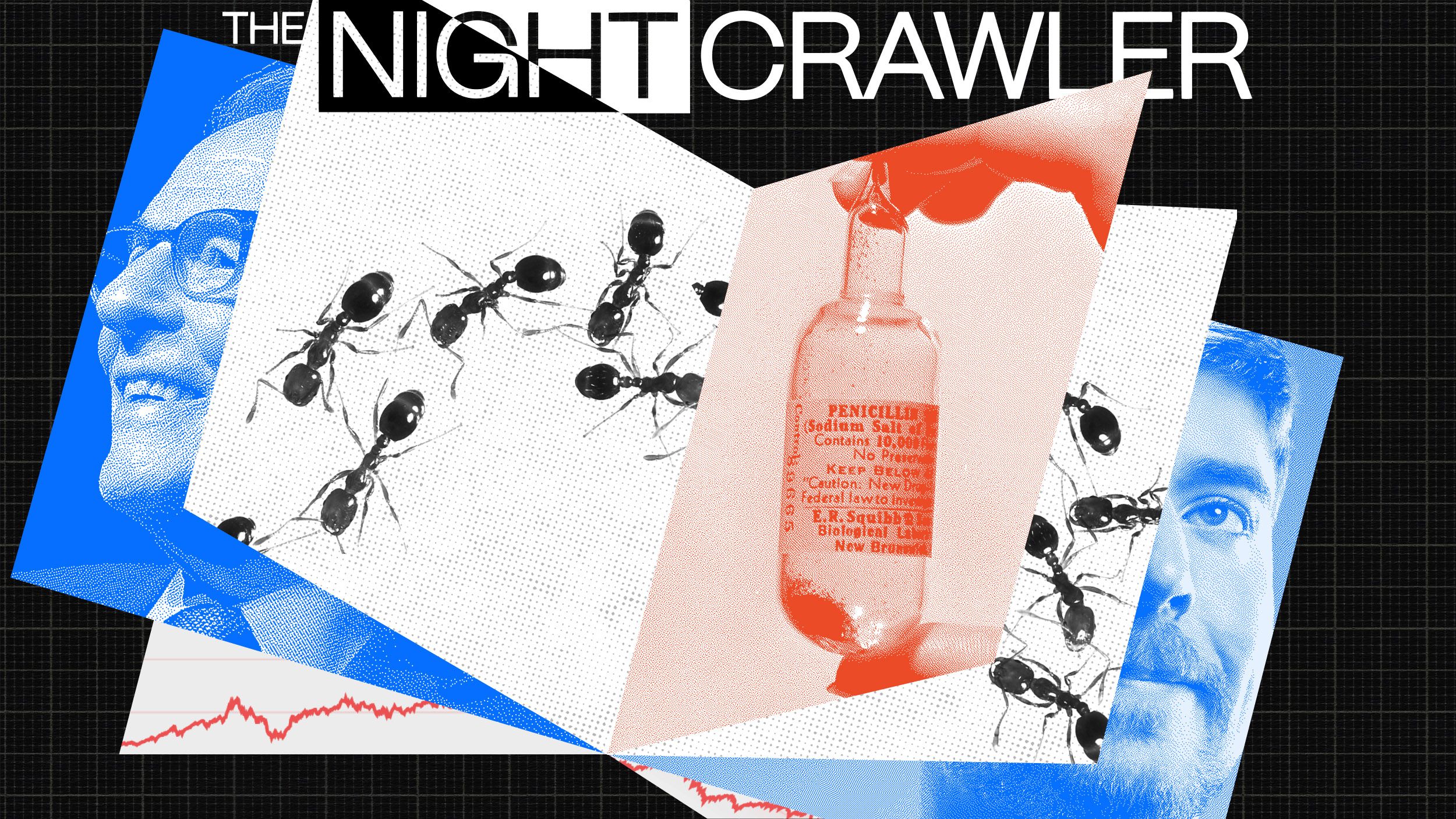There Are No Shortcuts in Product Development — or in Life

In the past few weeks, I’ve noticed a strangely ubiquitous pattern: an obsession with what I would call “advanced features”, and a nearly complete disregard of what I would consider “basics”. This all started when I downloaded a couple of new apps for my iPhone. While playing around with them, I noticed that the performance of these products was, let’s say, “less than optimal”. However, these products still had a large number of cool and exciting features. The problem was that the creators of these applications decided to build out slow bug-filled products with 10 features each instead of fast and polished products with only two features each.
While it would have been more prudent to focus on, and perfect, the two most important features in each of these apps, it would have certainly been less interesting and brag-worthy to do so. After all, dreaming up exciting new features is a lot of fun. It’s creative, it’s intellectually stimulating, and it’s exciting for friends and colleagues to hear about. However, it doesn’t matter how many great features you have in theory when they fail to operate successfully in reality.
Unfortunately, this aversion to the basics can be seen in almost every part of our lives. We might pick up a popular science book on String Theory because it sounds fascinating, even though we barely mastered Classical Mechanics back in high school. We might start creating abstract Jackson Pollock-esque paintings before we can draw simple still-lifes. We might do one-legged bosu-ball squats instead of old fashioned bench presses and deadlifts. And so on.
But why do we do this? It seems to boil down to two things: social reinforcement and human laziness (the path of least resistance). After all, almost nothing we do outside of our bedrooms occurs in isolation. We are social creatures, and all of our actions happen to have, or are done for, an audience. The attention, acceptance, and admiration of such audiences are fundamental human drives – and praise might be the most powerful reward in human existence. Thus, much of our lives is devoted to gaining the attention of others through art, performance, spectacle or witticism. But given our thrifty nature, we want to make sure that we get the most attention and admiration for our “buck”. The less effort we need to expend, the better. Why spend five years getting gradually better at drawing a bowl of fruit when you can draw some abstract shapes on a canvas and get the same praise?
While our forays into “advanced” territory may seem innocent, they deprive us in the long run. This is because we become pseudo craftsmen at whatever we do. Every discipline has a hierarchy of skills, and the great masters were always forced to start with, and master, the most laughable basics. They might have started out washing brushes, mixing turpentine, and mixing pigment. Then, after a year or so, they might have moved on to cross-hatching, two-point perspective, and another fundamental skill or two. Finally, after a decade, they would get to the point where they would be tackling their own compositions. Picasso, after all, didn’t begin his abstract phase until well after he had mastered the basics of both drawing and painting. He put the time in to become an expert before he did his new flashy and talked-about works. How many of us can say the same thing? The support and attention of our social network are a double edged sword. They can keep us stuck in place just as well as they can push us forward. But at least we have plenty of apps and advanced features to play with while we run in place — even if they don’t work quite the way they should. After all, nothing quite soothes like distraction.
Image: Paul Underhill





